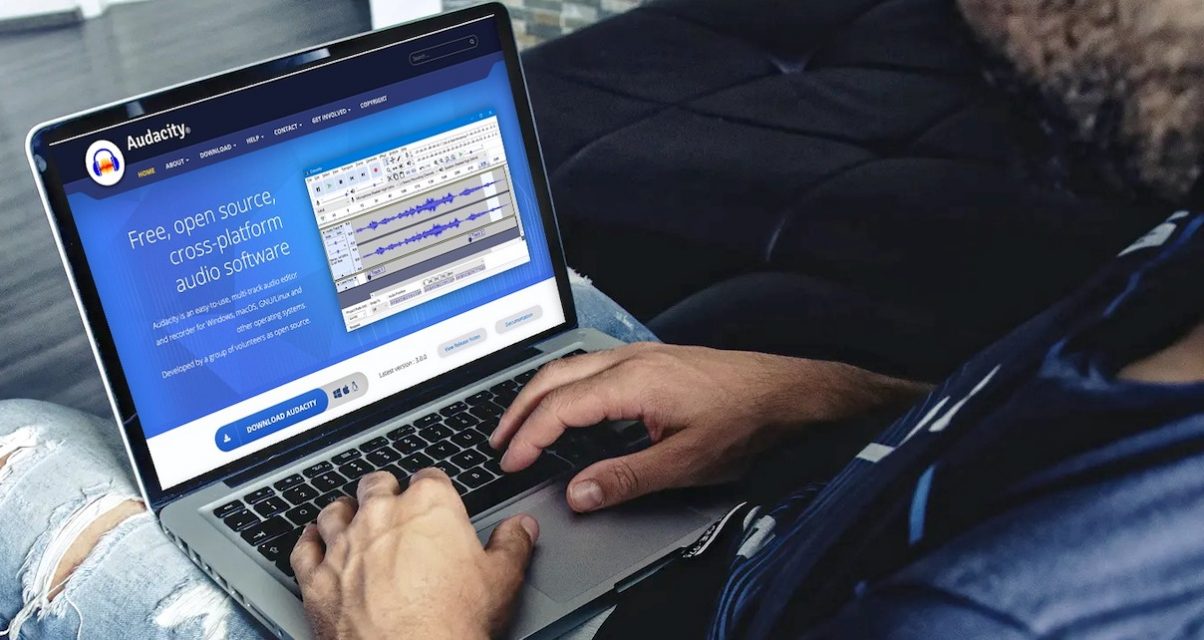Here at Digital DJ Tips, students often tell us that they have a pile of vinyl left from earlier DJing days, and they really want to “rip” it and get it into their computers, so they can DJ with it using a controller, or just listen to it without the need for a record player.
While doing so isn’t hard, I’m here to advise you NOT to do it.
Why not?
- Your rip will never sound as good as a pristine, digital file of the same track
- It takes a long time
Watch the video
Why won’t it sound as good? Because of loads of reasons.
By definition, the tracks you love the most are almost certainly those you’ve played the most. They’ll not be in good condition.
And then, you need to get everything right: Cartridge, needle, cables, audio interface, recording level and so on.
And then, you need to “tidy up” your recording in post-production to have any chance of it sounding anywhere near as good as it could.
Bottom line: This takes ages, and when you DJ with modern digital files and mix into home-made vinyl rips… well let’s just say you’ll hear the difference. And that realisation hurts if you’ve spent a long time doing it (I know, I once spent a whole summer ripping vinyl, and I never play any of those rips any more as they are not up to scratch).
Instead, you should simply buy the tracks again.
The money you spend is so much worth the time you save and the improved results.
Read this next: 4 Ways To Build A Great DJ Music Collection Cheaply
If you want to do it anyway…
That said, there may (probably will) still be tracks that you can’t buy a digital copy of, so for those, here’s what you need to do:
- Get the signal into your computer
- Record it
- Optimise the recording
For 1, you can use any DJ mixer with a USB socket on it (which means it has an audio interface), or you can use a DVS interface, or indeed any audio interface that has a phono stage (the circuitry to handle record deck inputs).
For 2, all operating systems have recording apps, but for what it’s worth, you may as well download Audacity – it’s free, it’s open source, it has more than enough features and power for the task.

And for 3, again, Audacity is your friend – you can edit the audio (“top and tail” the file, remove clicks), “normalise” the volume, even compress and limit the audio to try and get thin, old recording to sound as beefy and punchy as modern music, if you like.
Learn to DJ with us: The Complete DJ Course
So while it is perfectly possible, and while you may well already have all you need to do this (assuming you still own a turntable), please just think long and hard about whether it’s worth your time, and whether you think the results will be good enough for you.
The answer to both questions will probably be “no”.



